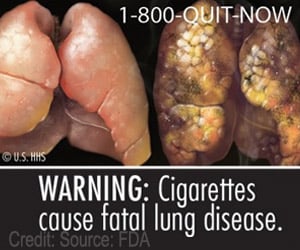Binge drinking in adolescence may increase the risk of developing psychological problems such as fear, anxiety and depression later in life.

‘Binge drinking in adolescence may increase the risk of psychological problems such as fear and anxiety in later life.’
Read More..




"Binge drinking early in life modifies the brain and changes connectivity in the brain, especially in the amygdala, which is involved in emotional regulation and anxiety, in ways we don't totally understand yet," said Subhash Pandey, professor of psychiatry in the UIC College of Medicine, director of the UIC Center for Alcohol Research in Epigenetics and lead author of the study. "But what we do know is that epigenetic changes are lasting, and increase susceptibility to psychological issues later in life, even if drinking that took place early in life is stopped."Read More..
"Epigenetics" refers to chemical changes to DNA, RNA, or specific proteins associated with chromosomes that change the activity of genes without changing the genes themselves. Epigenetic alterations are required for the normal development of the brain, but they can be modified in response to environmental or even social factors, such as alcohol and stress. These kinds of epigenetic alterations have been linked to changes in behavior and disease.
Adolescent rats were exposed to ethanol (a type of alcohol) for two days on and two days off or to the same protocol using saline for 14 days. All rats underwent an assessment for anxiety.
Pandey and his colleagues exposed adolescent rats to a regimen designed to mimic binge drinking. Those rats exhibited anxious behavior later in life, even if the binge drinking regimen stopped in late adolescence and the rats were allowed to mature to adulthood without any further exposure to alcohol.
These rats also had lower levels of a protein called Arc in the amygdala. Arc is important for the normal development of synaptic connections in the brain. Rats with less Arc also had about 40 percent fewer neuronal connections in the amygdala compared with rats that weren't exposed to alcohol.
Advertisement
"Exposure to alcohol causes epigenetic reprogramming to occur, leading to molecular changes in the amygdala, which are long-lasting, even in the absence of more alcohol," said Pandey, who is also a senior research career scientist at the Jesse Brown VA Medical Center.
Advertisement
Source-Eurekalert















